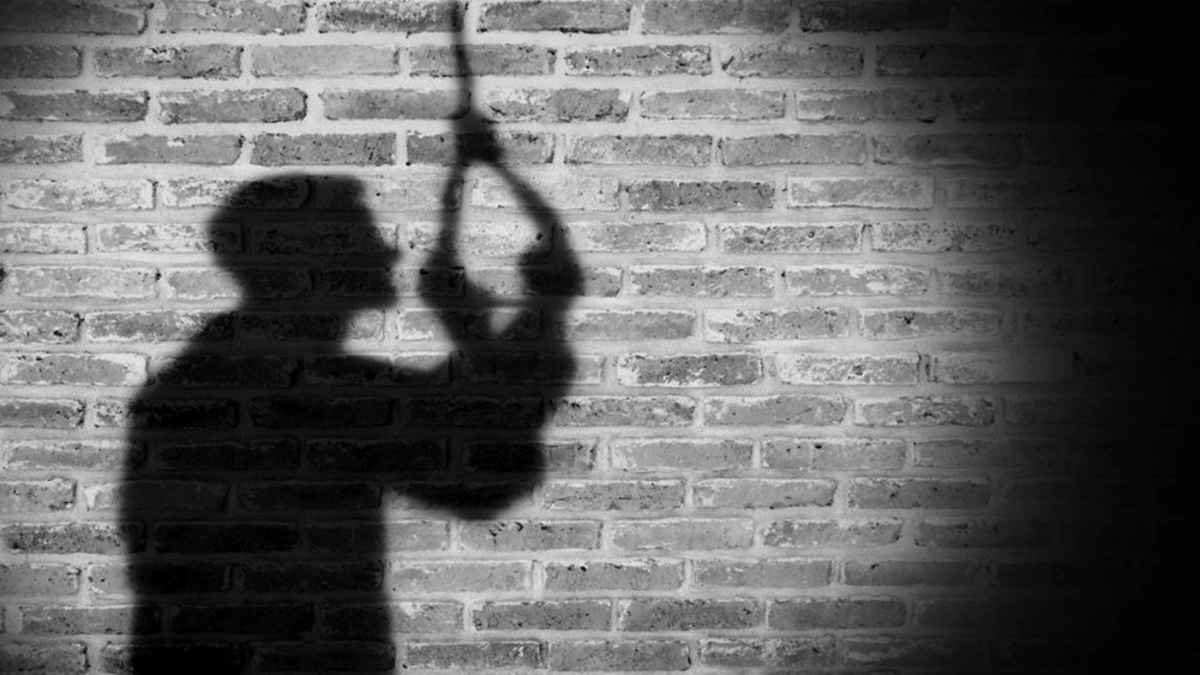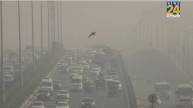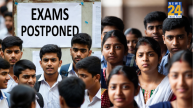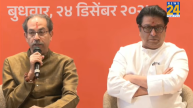“Student Suicides: An Epidemic Sweeping India” report: Student suicide cases in India are increasing at a troubling rate, exceeding both the population growth rate and general suicide trends, according to a new report. The “Student Suicides: An Epidemic Sweeping India” report, based on data from the National Crime Records Bureau (NCRB), was released on Wednesday at the Annual IC3 Conference and Expo 2024.
The report highlighted that while overall suicide cases increased by 2% each year, student suicides rose by 4% annually, even though some cases might not be reported. Over the past 20 years, student suicides have grown at a rate of 4% per year, twice the national average. In 2022, male students made up 53% of student suicides. From 2021 to 2022, suicides among male students fell by 6%, while those among female students rose by 7%, according to the IC3 Institute’s report.
Student Suicides Surge Despite Declining Youth Population
The report noted that student suicides are increasing faster than both the population growth rate and overall suicide trends. In the past decade, while the number of people aged 0-24 dropped slightly from 582 million to 581 million, student suicides nearly doubled from 6,654 to 13,044.
The IC3 Institute, a volunteer-driven organization, helps high schools worldwide by offering guidance and training for administrators, teachers, and counselors to build strong career and college counseling programs.
States With The Maximum Student Suicide Cases
The report found that Maharashtra, Tamil Nadu, and Madhya Pradesh have the highest number of student suicides, making up one-third of the national total.
Southern states and union territories account for 29% of these cases. Rajasthan, which has a competitive academic environment, ranks 10th, pointing to the high pressure in coaching centers like Kota.
Underreported Cases Likely Higher Due To Stigma And Legal Issues
The NCRB data comes from police reports, but the real number of student suicides is probably higher than reported. This is because suicides are often underreported due to social stigma and the criminalization of attempted and assisted suicide under Section 309 of the Indian Penal Code.
2017 Act’s Impact on Reporting And Data Discrepancies
Although the 2017 Mental Healthcare Act decriminalizes suicide attempts for those with mental illness, the effects of past criminalization still affect how suicides are reported. Additionally, data collection is inconsistent, especially in rural areas, leading to significant discrepancies. Ganesh Kohli, Founder of the IC3 Movement, emphasized that the report highlights the urgent need to tackle mental health issues in schools.
Ganesh Kohli stressed the need to focus on developing students’ skills for their overall well-being instead of pushing them to compete. He called for building a strong career and college counseling system in every school and integrating it into the curriculum.
Report Urges Improved Counseling And Support
The report highlighted a sharp rise in student suicides over the past decade, with male suicides increasing by 50% and female suicides by 61%. Both genders have seen an average annual rise of 5% in the last five years. These troubling figures highlight the urgent need for better counseling resources and a clearer understanding of student needs.
The report emphasized that addressing these issues is crucial for moving away from competitive pressures and focusing on students’ core skills and well-being, which can help prevent such tragedies.
Also Read: MURDER At Bengaluru Airport: Man Kills Trolley Operator Over Suspected Affair With Wife













